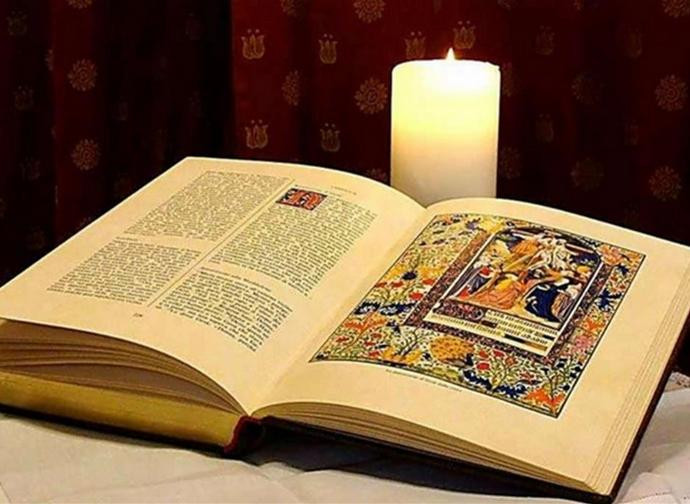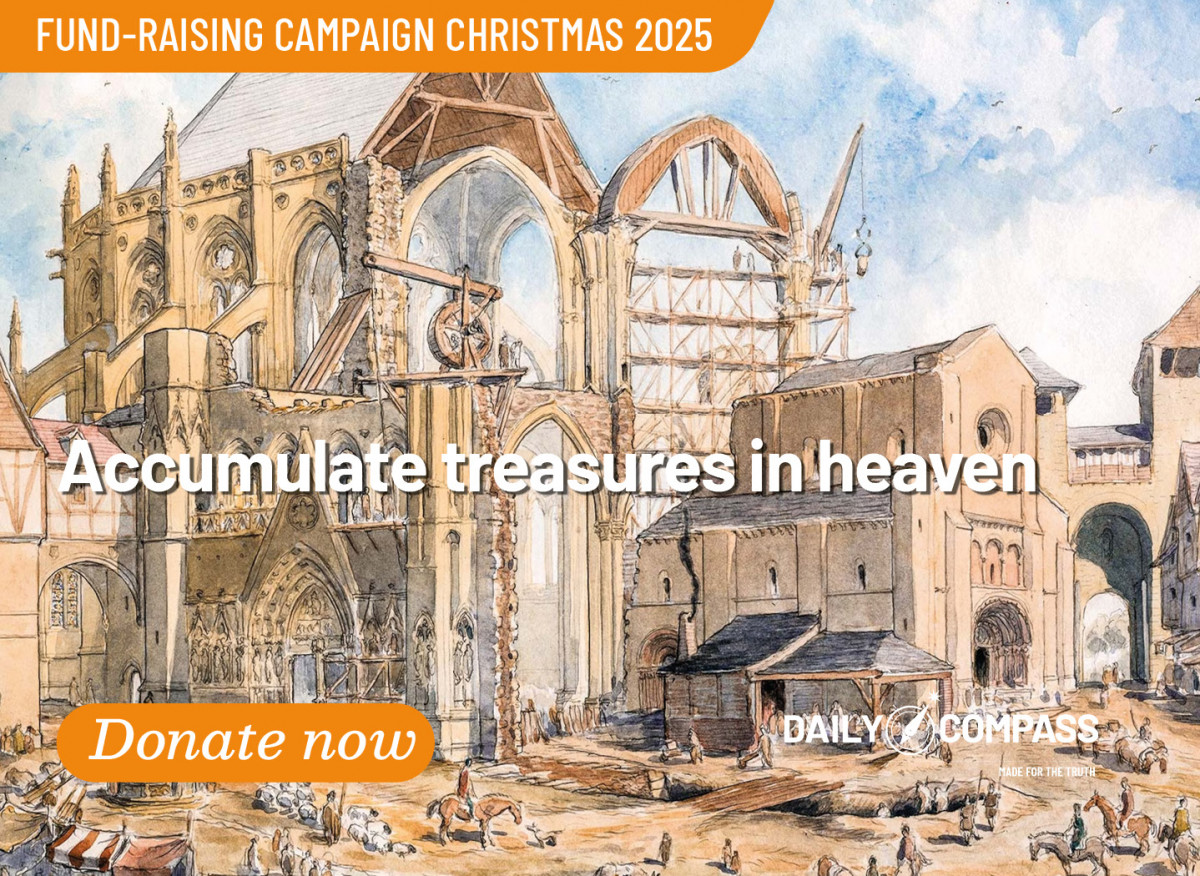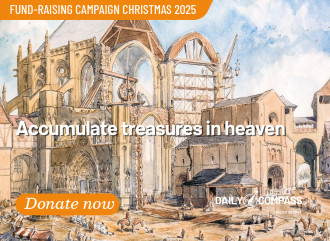Baptising children
I baptise you with water, but he will baptise you with the Holy Spirit. (Mark 1: 8)

The beginning of the good news about Jesus the Messiah, the Son of God, as it is written in Isaiah the prophet: “I will send my messenger ahead of you, who will prepare your way” “a voice of one calling in the wilderness, ‘Prepare the way for the Lord, make straight paths for Him.’” And so John the Baptist appeared in the wilderness, preaching a baptism of repentance for the forgiveness of sins. The whole Judean countryside and all the people of Jerusalem went out to him. Confessing their sins, they were baptised by him in the Jordan River. John wore clothing made of camel’s hair, with a leather belt around his waist, and he ate locusts and wild honey. And this was his message: “After me comes the one more powerful than I, the straps of whose sandals I am not worthy to stoop down and untie. I baptise you with water, but he will baptise you with[f] the Holy Spirit.” (Mark 1:1-8)
In being baptised by St. John, men recognised themselves as sinners. Obviously this is only the first, timid step towards salvation. After Jesus instituted the sacrament of baptism, which saves us through the gift of the Holy Spirit, we cannot save ourselves solely by our own strength. Therefore, newborn babies also participate in Jesus's baptism, unlike that of St. John, because Christian parents want the gift of salvation for their children as soon as possible. In an increasingly de-Christianised world, may we help parents to understand the importance of baptising their children, perhaps with godparents and godmothers who conscientiously help them in the correct education of their Christian faith by word, example and prayer.




